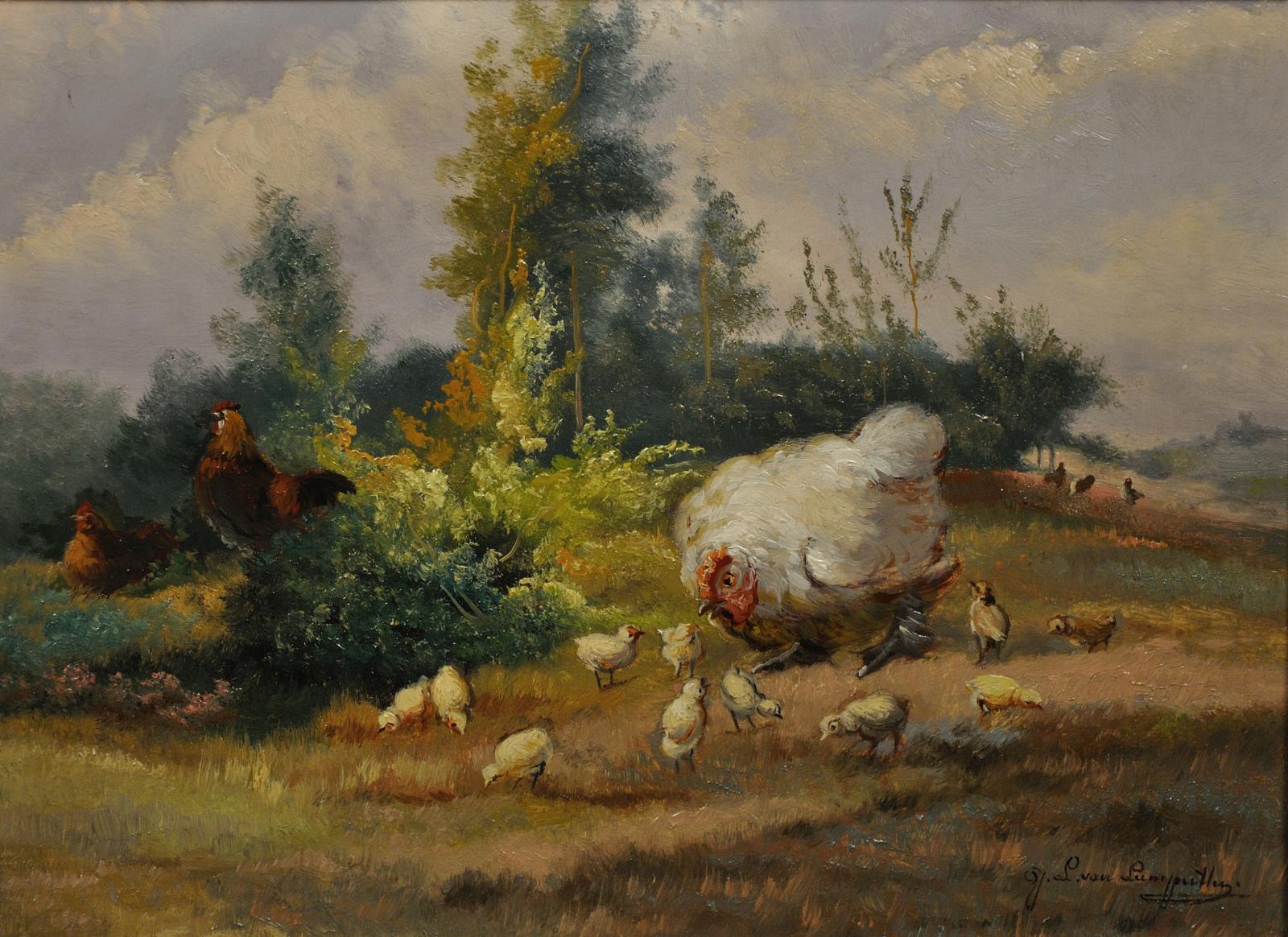“If every kitchen in America had enough chickens attached to it to eat all of the scraps coming out of that kitchen, no egg industry or commerce would be necessary in the whole country.”
― Joel Salatin
One of the great myths of modernity is that of efficiencies of scale. The myth that organisations ‘at scale’ must necessarily out produce, out compete, and out organise the family, the local community, or the small business.
This myth of efficiency is adaptable, as all great myths are adaptable, and exists today across ideological and philosophical lines. Whether one places their faith in the marketplace or in government an iteration of this myth of efficiency animates and guides discussion.
Power, it seems, amasses in the centre, at the national (or even better) the multinational. In my class, students discuss the US elections more than local elections. Most can name Donald Trump, Joe Biden, and Kamala Harris. Fewer can name the Prime Minister. Almost none have heard of the Premier. And, lest we find this shocking for the wrong reason, how many of the adults in the room can name the president of their local council?
If we place our all our attention (and political and economic power) in large organisations, we limit the exercising of that power to the modes and manner that suit these large organisations. When the decision at hand is one that appropriately matches the scale of these large organisations, this might be perfectly appropriate. But where local authorities might competently make the social, political, or economic decision the best (and even the most efficient) decision is often the decision made by the more local authority.
This principle of social, political, economic authority residing in the most local competent authority, is the principle of subsidiarity. I have written before about how the perceived efficiencies of large structures blur inefficiencies that reside in a system that cannot properly engage with local communities, businesses, and families.
But as the trend since at least the Second World War has been towards the accumulation of power to the centre, the burden of proof has been placed upon local and small-scale solutions to justify their existence. This leads me to the humble backyard chook.
When it comes to waste management, those large corporations who are celebrated for their efficiencies of scale have certainly given us an abundance of issues that are beyond the competency of local authorities. Plastics, chemicals, and industrial waste are doubtless beyond the capacity of the household to manage.
Yet of the millions of tonnes of annual waste, there is at least one category where the household, or street level organisation, might organise itself far more efficiently than the local, state or even federal governments.
Organic waste, which represents between 40 – 50% of waste totals creates all sorts of problems at scale largely revolving around the contamination of the organic waste with all sorts of plastic and chemical nasties.
While the organic waste can in principle be turned into compost, its potential for contamination complicates what should otherwise be a straightforward process. As it turns out, it can be difficult to motivate a large population to sort their waste when they neither directly benefit from the process nor cannot be directly penalised for their mistakes.
In the typical form of bureaucratic mentality, I am told that some local councils have attempted to rectify this issue by employing bin inspectors to identify and penalise their recusant, or misinformed, citizens.
Backyard chooks solve both of these issues providing their owners with the benefits of eggs and manure as a first-rate incentive for the household to manage its own waste. Since my own children begun eating solid foods, I have been of the firm belief that every toddler ought to be paired with a couple of hens to dispose of the food waste that is inevitably generated at each meal.
For those inclined to go further, composting and worm farms can together account for most of the remaining organic waste the typical suburban home might produce. Those on larger acreages might employ a chainsaw and a woodstove to profitably dispose of dead trees and larger branches.
Of course, until after the Second World War, such waste management was typical of most communities. Until the weekly bin service, households would not have thought otherwise than to retain the responsibility for their own waste. One imagines that when the bin service first arrived, many would have assumed that it represented progress.
